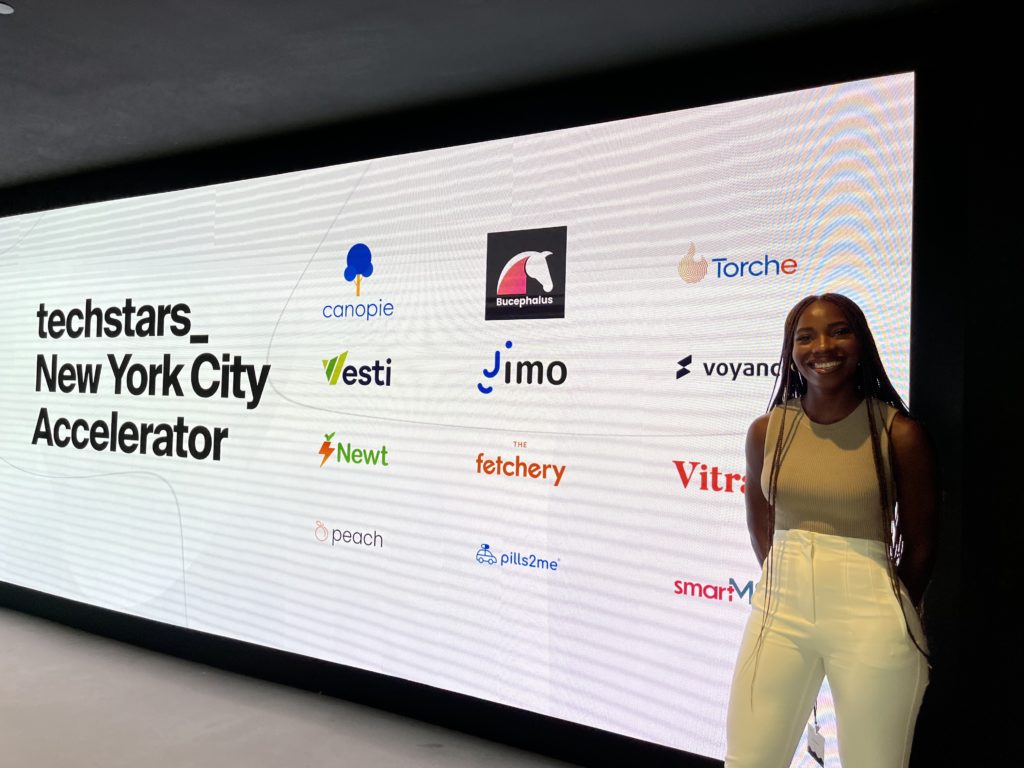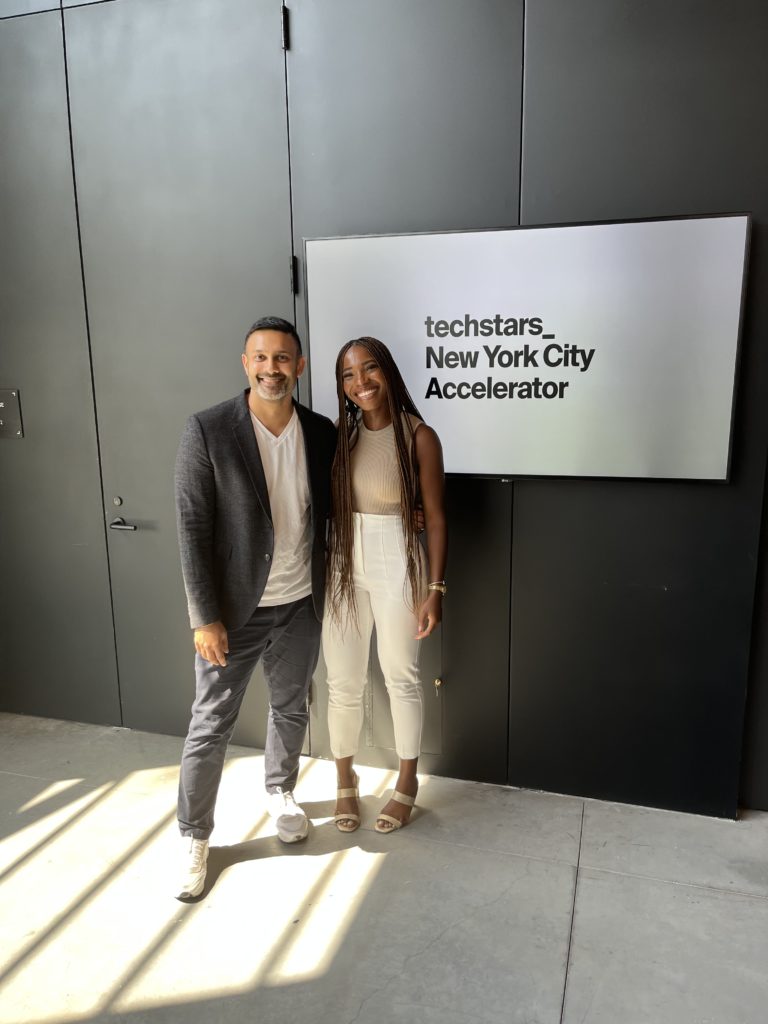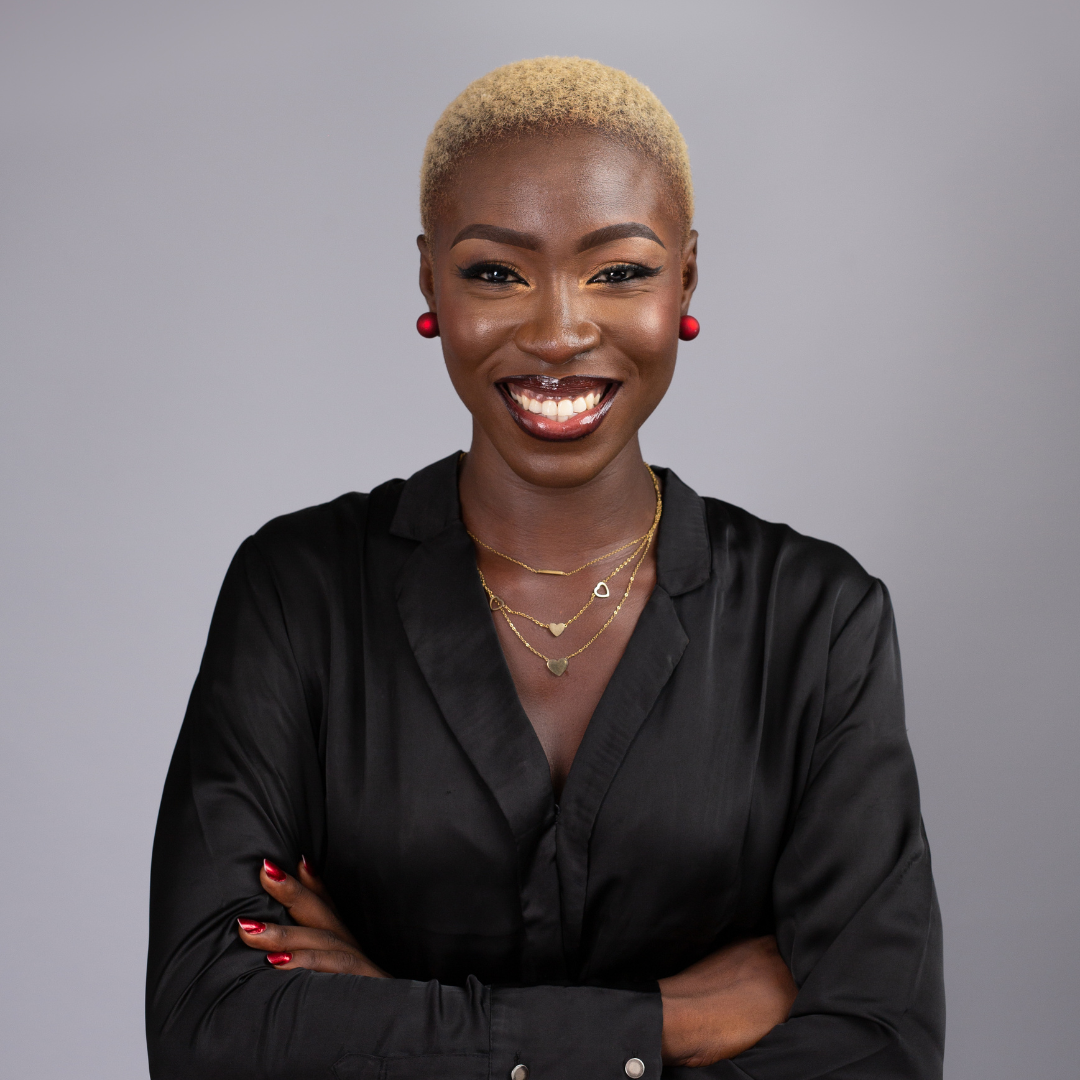Sisan Dorsu is the co-founder of Torche Africa, a Nigerian startup building a biometrics payment solution. For Torche, it is important to build a solution that enables people to move money without the complexities of cards, passwords, or PINS. According to this report, ₦26.17 trillion was unbanked in 2021 because some 38 million adults are financially excluded. With a biometric solution that’s directly tied to identity, Torche wants to reduce financial exclusion by limiting the barriers to entry.
The inspiration behind Torche and what it takes to run a fintech startup in Nigeria
Ngozi Chukwu: How did you come up with the idea for Torche? Tell us about Torche’s “light bulb” moment.
Sisan Dorsu: The idea of Torche came when I moved to Nigeria. I kept being frustrated when making payments or using POS terminals due to network issues. It takes about 8 to 12 signals for a transaction to be processed across multiple servers, typically like 3 to 4, and sometimes, these signals end up getting interrupted or met with inactive servers due to the maturity of our telecom infrastructure. In the course of some research, I came across a biometric payment system in India called Aadhaar, and this motivated me to look into biometric payment in Nigeria.
NC: What challenges have you experienced with fundraising?
SD: We’ve experienced different challenges with both local and foreign investors.
With local investors, the risk appetite is lower because the industry is still very early and so they tend to offer lower valuations. Another challenge I’ve faced with local investors is that the expectations aren’t always aligned with where the founders are on their journey. They do offer you a great network and a better probability of helping you with operational challenges.
The challenge we’ve faced with foreign investors is that there’s simply a small number who have an appetite for African startups. However, the ones who do have big funds so they’re writing leading cheques and are more realistic with where you are in your journey.
NC: What have you discovered about the Nigerian financial services space and running a startup that you wish you knew before starting?
SD: Generally, you learn a lot as you grow. However, a major thing I learned in the process is the importance of understanding all the different players in the ecosystem and their objectives. Also, the importance of cultivating good relationships with all these players rather than having an antagonistic approach. Some of these players have been in the industry for much longer than we have or have valuable insight that can be useful to us.
On getting into Techstars NYC and what it means for Torche

NC: Congratulations on getting into Techstars NYC. How has being a part of it affected your team, your vision, and plans for the future?
SD: It has been great and we’ve learned so much. I’ve learned so much about being a better founder, and I couldn’t imagine building without doing an accelerator programme. It has also taught us a lot, from legal to operations, and also fundraising. Being in Techstars puts us in a stronger position to win, as there are people there who are determined to help you bridge different gaps.
NC: Is this the first time you applied? If not, what do you think you did differently this time?
SD: No, it isn’t our first time. One thing that was different this time around is that we were more investment-ready because one of the goals of the programme is to help you secure investors. If you’re doing an accelerator programme, you do want to be in a good place so that the information you’re getting isn’t premature. Another thing we did differently is that we networked more and learned more about the TechStars network. Techstars operates a city model so you need to pick a city with a programme that is aligned with what you’re building. That’s another thing we did differently.
HA: In terms of data, what kind of transformation do you see Torche having on the fintech landscape in Africa?
SD: In the next year, our goal is to have at least 50,000 active merchants in Nigeria alone. With this, there’s going to be an avalanche of opportunities for people downstream. Payments open doors to nearly everything, especially to economic activities.
HA: What are some challenges that are unique to biometrics tech in Nigeria, and how are you working on them?
SD: One challenge we’ve faced was in making our solution as inclusive as possible. While we were initially focused on fingerprints, we realised that a large number of people like craftsmen or factory workers have faded fingerprints. This led us to develop the face biometric solution and our palm solution that will be released soon. There are also people with different disabilities, and so we have to ensure that we provide as many options as we can.
HA: If Torche is successful across Africa, it would have so much biometric data of Africans, right? How are you preparing to protect so much data? How important is data safety to Torche?
SD: Beyond the access and use of the solution, security is our most important concern, and we are operating at the highest standards for data protection. Our CTO, Gbenga [Oni], was on the team that built Ghana’s current biometric ID system. So, we’ve got experience building a product that supports an entire country.
HA: In what areas will your services make the biggest impact?
SD: In payments. When you allow the mass population to move money easily, they just have more opportunities that can come. Thinking of the future of developing countries, not everyone will have a smartphone with advanced apps to manage their money. Currently, cross-border payments take a lot of time and process. POS agents are almost everywhere, and Nigerians should be able to go to a POS agent close to them to wire money across the world with their identity. Those are some ways we are even thinking about simplifying payments to create more access to cross-border payments.
Torche’s plans for the future: expansion and partership

HA: What are Torche’s plans for the next five years?
SD: In the next five years, I see us expanding to multiple African economies, potentially even Western economies, to also help encourage more cross-border payments. I also see biometrics payment being widely adopted in Nigeria, just like in India.
HA: Are there currently opportunities for strategic partnerships with other tech solutions or non-tech organisations with Torche? If not, do you see any soon?
SD: We currently have some partnerships brewing that we’ll announce soon. There are a lot of startups right now working to provide value for merchants, and we’re looking to work with them to simplify payments. The vision of Torche is to enable people to access all their existing bank accounts with just their identities, so we’re working to integrate with more banks. We could also potentially partner with other companies in industries like airport security, transportation, and healthcare. These are areas where biometrics can play a huge role.






















